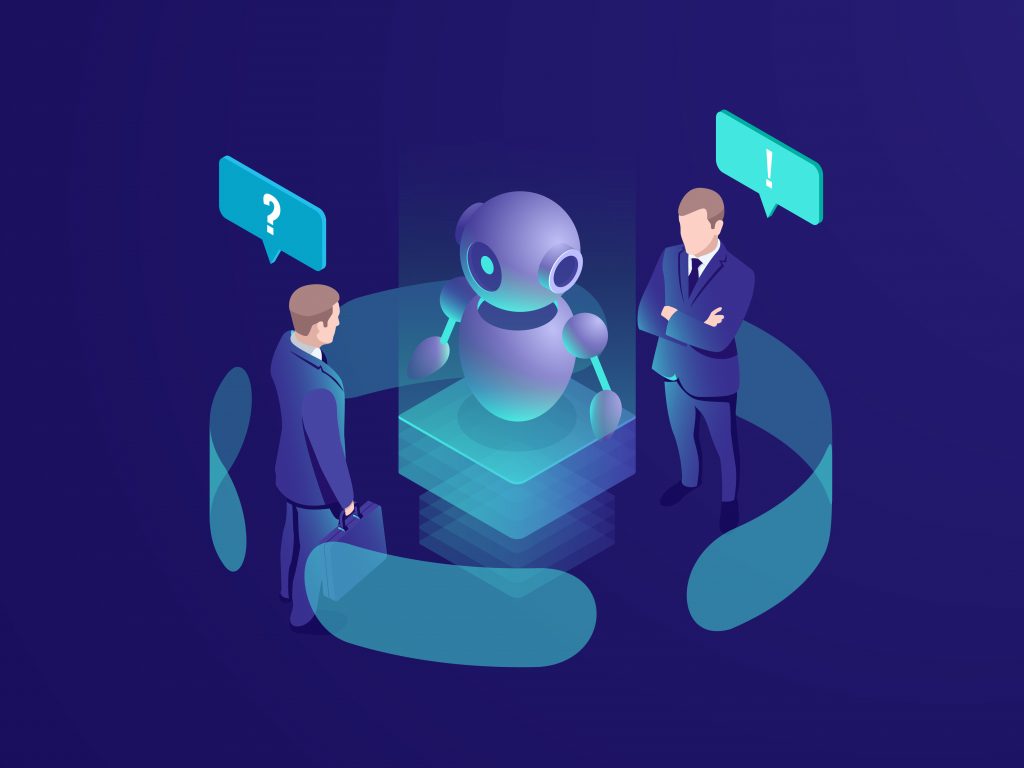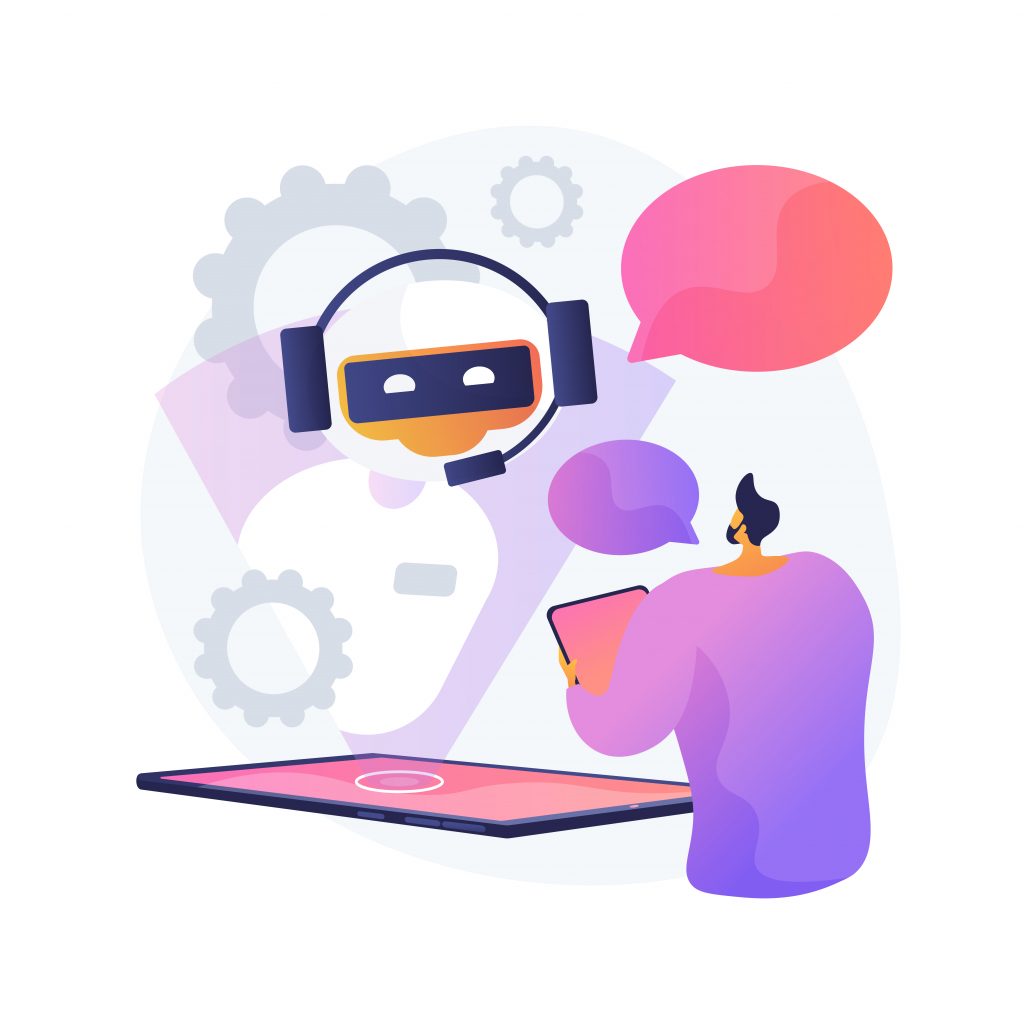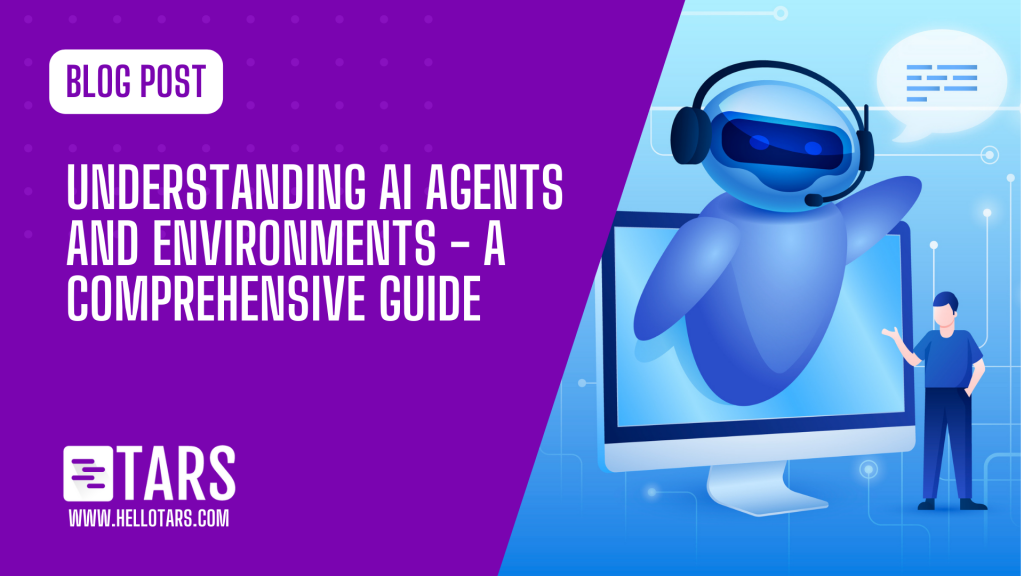AI agents and environments play a crucial role in the field of artificial intelligence. They form the foundation of intelligent systems, enabling machines to perceive, reason, and act in complex scenarios.
In this comprehensive guide, we will delve into the intricacies of AI agents and environments, exploring their definitions, types, interactions, challenges, applications, and future prospects.
What are AI Agents?

Defining AI Agents
An AI agent refers to a software entity or system that perceives its environment, makes decisions, and takes actions to achieve specific goals. These agents are designed to exhibit intelligent behavior and adapt to changing circumstances.
Types of AI Agents
✅Reactive agents – Reactive agents operate based on immediate sensory input without considering the history of actions. They are best suited for real-time decision-making in dynamic environments.
✅Deliberative agents – Deliberative agents possess internal models of the world, allowing them to reason and plan actions. They consider past states and anticipate future consequences to make informed decisions.
✅Hybrid agents – Hybrid agents combine elements of both reactive and deliberative approaches, leveraging the benefits of real-time responsiveness and strategic planning.
Understanding the distinctions between these agent types is essential to comprehending their behavior and applications in various domains.
Understanding Environments in AI

The Significance of Environments
In the context of AI, an environment refers to the external context within which AI agents operate. It provides the necessary stimuli and feedback for agents to perceive and interact with the world.
Types of Environments
🟩Fully observable environments – In fully observable environments, agents have access to complete and accurate information about the state of the world at any given time.
🟩Partially observable environments – In partially observable environments, agents have limited or noisy information about the world state, requiring them to make inferences and maintain belief states.
🟩Deterministic environments – Deterministic environments are characterized by well-defined rules and predictable outcomes, allowing agents to make precise decisions based on known actions and consequences.
🟩Stochastic environments – Stochastic environments introduce randomness or uncertainty, making it essential for agents to incorporate probability-based reasoning and decision-making strategies.
🟩Episodic environments – In episodic environments, agent actions have no lasting impact on subsequent episodes, enabling them to focus on individual tasks or scenarios independently.
🟩Sequential environments – Sequential environments involve a series of interconnected states and actions, where the outcome of one action influences future states and decisions.
By understanding the different types of environments, we can design AI systems that effectively operate in specific scenarios.
Interactions between AI Agents and Environments

The interaction between AI agents and environments is a fundamental aspect of their functioning.
The Interaction Process
The interaction process involves the following steps:
✅Perception – AI agents perceive the environment through sensors, capturing relevant information about the state of the world.
✅Action – Based on the perceived information, agents decide on appropriate actions to achieve their goals.
✅Feedback – The environment provides feedback to the agent in the form of rewards, penalties, or other indicators of success or failure.
Reinforcement Learning: How Agents Learn from Environments
One popular approach for agents to learn from their interactions with environments is reinforcement learning.
✅Rewards and Penalties – Agents receive rewards or penalties based on their actions, reinforcing desirable behaviors and discouraging undesired ones.
✅Markov Decision Processes (MDPs) – MDPs provide a mathematical framework for modeling sequential decision-making problems, enabling agents to optimize their behavior over time.
✅Q-learning and Policy Iteration
Q-learning is a widely used reinforcement learning algorithm where agents learn optimal policies through trial and error. By iteratively updating action-value estimates, the agents can navigate complex environments and maximize long-term rewards.
Policy iteration, on the other hand, involves the iterative process of evaluating and improving policies until an optimal policy is achieved. This method enables agents to learn and adapt their behavior based on environmental feedback.
Future Perspectives and Emerging Trends

The future of AI agents and environments holds exciting possibilities:
✅Potential Developments and Impact on Various Industries
AI agents and environments are poised to revolutionize multiple industries, including healthcare, finance, manufacturing, and customer service. They have the potential to streamline operations, improve decision-making, and enhance user experiences across diverse sectors.
✅Integration of AI Agents and Environments in Smart Cities
As smart cities continue to evolve, the integration of AI agents and environments will play a vital role in managing urban infrastructure, optimizing resource allocation, and ensuring sustainable development. Intelligent systems can contribute to creating safer, more efficient, and environmentally friendly cities.
✅AI Agents as Virtual Assistants and Personal Companions
AI agents have the potential to become personalized virtual assistants and companions. With advancements in natural language processing and contextual understanding, agents can provide tailored recommendations, assist in daily tasks, and offer companionship to individuals.
Leverage the Power of AI for Your Business

At TARS we believe in making AI more accessible. In fact, with our new chatbot generator tool – Tars Prime – anyone can create their own AI chatbots that are customized to their specific needs.
You can learn all about how to use the tool here 👉 Tars Prime blog
Or, you can skip all the heavy reading and directly book a free demo and our expert team will personally explain the entire process and assist you in every way.

My name is Vinit Agrawal and I am the Founder and CTO of Tars. I have been working on the Tars Chatbot Builder since 2015 and my core strength is in building software products with simple and functional user experiences focusing on bringing some core business results. My current role in the company is a mix of Product Manager, Engineering Manager and in Business & Marketing Strategy.

0 Comments on "Understanding AI Agents and Environments – A Comprehensive Guide"